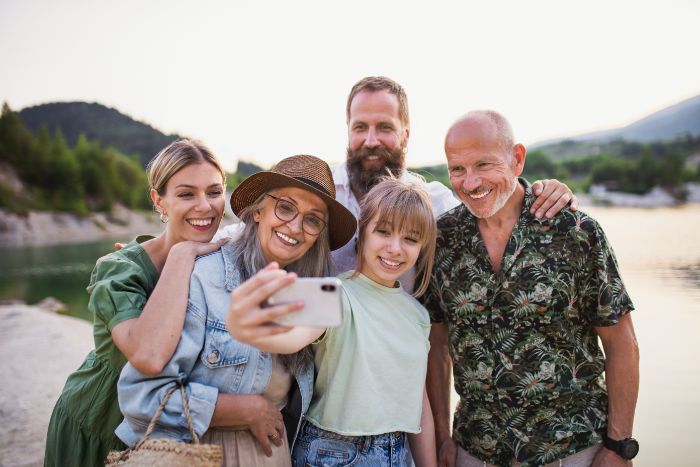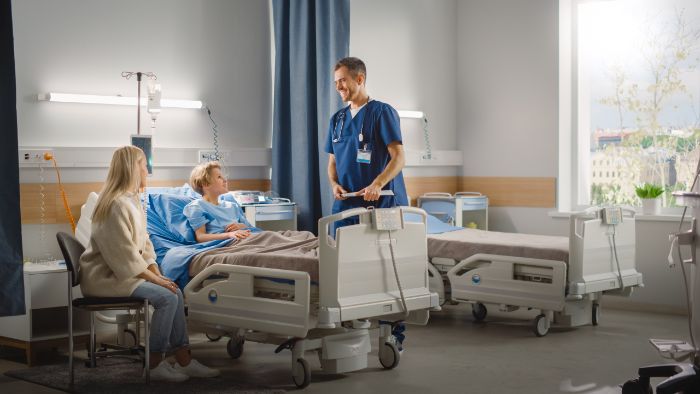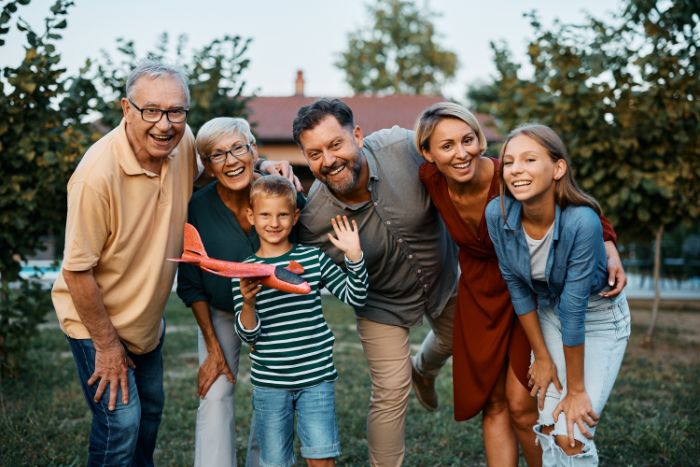Ethical Whole-Body Donation Options in the Rhode Island Area
At United Tissue Network (UTN), we’ve had the privilege of witnessing the meaningful impact whole-body donation has on medical and scientific advancement. By making the generous choice to donate your body to science in Rhode Island, you leave a lasting legacy for the future of healthcare, benefiting medical professionals and patients alike.
Whole body donation helps discover cures for diseases and advance medical treatments, paving the way for a better quality of life for generations to come. What’s more, when you donate your body through United Tissue Network, you and your loved ones will be relieved of certain end-of-life expenses.

What is Rhode Island Whole Body Donation?
Whole-body donation is the process of offering your body for medical research and education after passing. In these videos, some of our partnered medical professionals explain the profound impact that whole-body donors have had on their work.
Benefits of Donating Your Body to Science in the Rhode Island Area
Donating your body to science in Rhode Island is a profound way to leave a lasting legacy for future generations, in addition to offering other benefits such as:

Supporting Rhode Island’s Medical Community
Your donation helps Rhode Island’s medical institutions and research facilities develop life-saving treatments and train the next generation of healthcare professionals. Local medical advancements rely on the generosity of donors like you.
Financial Relief for Rhode Island Families
Whole-body donation eliminates the financial burden of cremation costs, saving families thousands of dollars. UTN also handles all necessary documentation and provides two death certificates, offering peace of mind during a challenging time.
How to Donate Your Body to Science in Rhode Island
Donating your body to science is a simple and straightforward process. Here’s how it works:

Register
Begin by registering yourself or a loved one with UTN as a future pledge or as an imminent donor.

Medical and Social History Review
UTN reviews the donor’s medical and social history to ensure eligibility.

Receive a Donor Security Certificate
Upon acceptance, you will receive a Donor Security Certificate, confirming your place in our program.
What Happens After You Donate your Body to Science in Rhode Island?
After passing, UTN ensures that the donation process is carried out with the utmost care and respect, with logistical support available to next of kin, and in accordance with our code of conduct. The steps include:
- Organ Procurement Coordination: Viable organs are prioritized for transplantation if the body donor is also an organ donor.
- Medical Research and Education: The body is transported to a trusted partner facility where it is used to advance medical research and development.
- Cremation and Ashes Returned to loved ones: UTN covers all cremation costs and returns the ashes to the family within 4-6 weeks.
Why Choose UTN for Rhode Island Whole Body Donation?
If you live in or around Rhode Island, and you feel like whole body donation is the right choice for you or a loved one, it’s crucial to have the utmost confidence in the organization you select. You want to ensure your body is treated with respect and dignity and that you can trust that donations are utilized by upstanding medical and research partners.

Accredited and Ethical Practices
UTN is accredited by the American Association of Tissue Banks (AATB), ensuring that all donations are handled ethically and respectfully. Our non-profit status reflects our commitment to medical advancement and compassionate care.
Personalized Support for Rhode Island Families
UTN’s team is available 24/7 to assist families throughout the donation process, to answer questions, and manage logistical details. Our compassionate and friendly staff understands that body donation is a sensitive topic, and we’re here to help every step of the way, especially if you or a loved one are imminent.